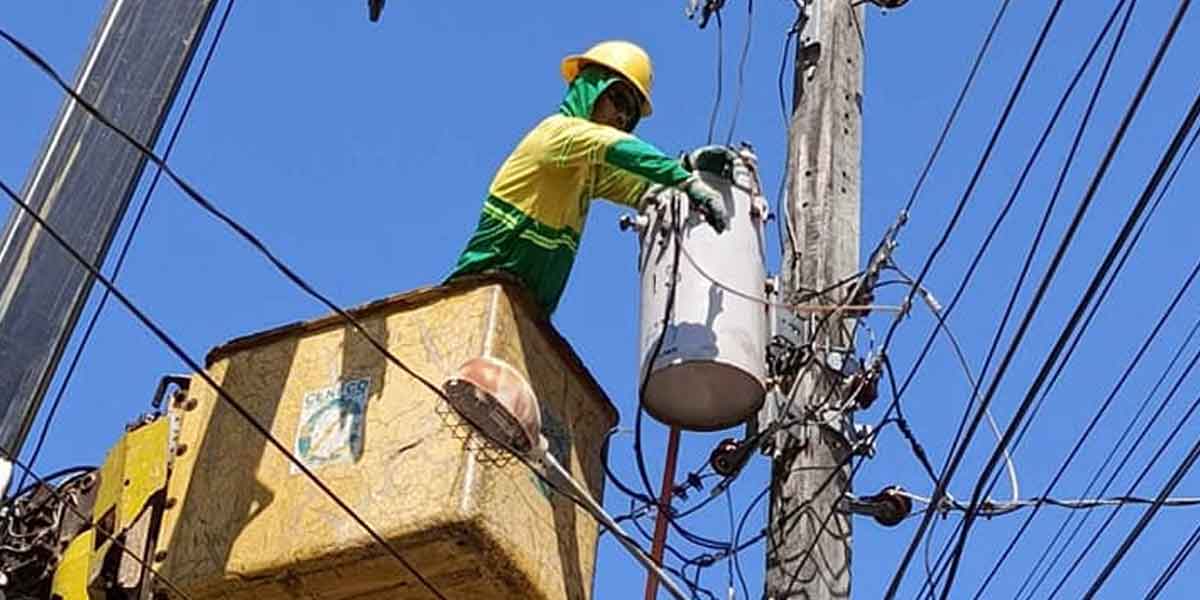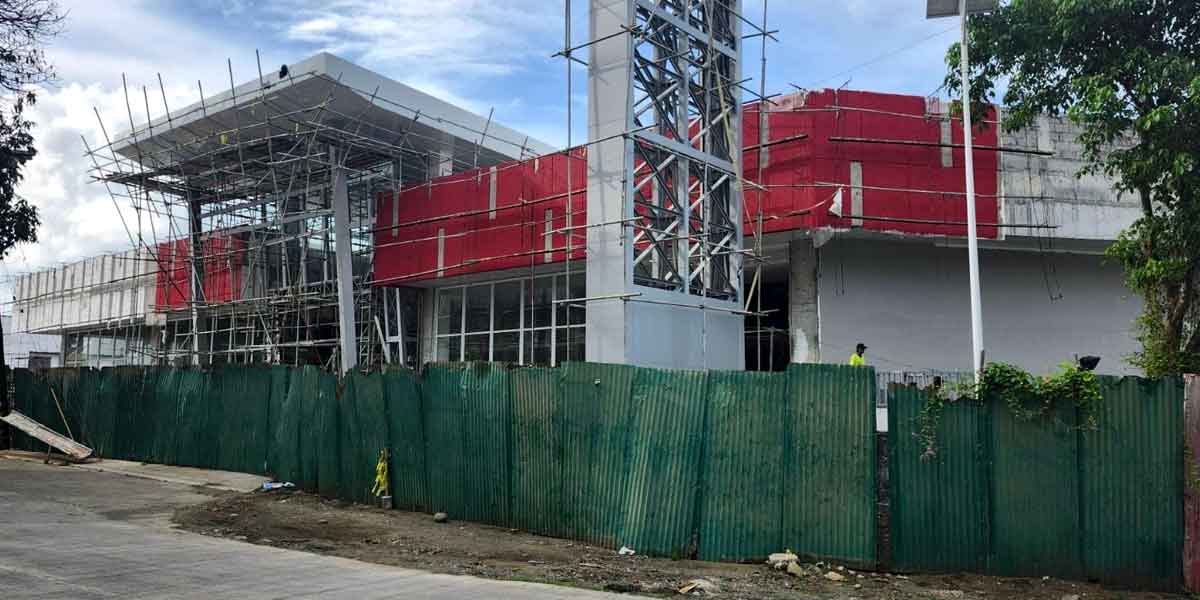 By Modesto P. Sa-onoy
By Modesto P. Sa-onoy
Last week, news from Davao City said that Rep. Paolo Duterte has filed a bill to change the name of the Ninoy Aquino International Airport (NAIA) purportedly “to get rid of the bad image attached to the country’s leading airport and give the facility a fresh start.”
President Duterte’s eldest son is joined by Reps. Lord Allan Jay Velasco of Marinduque and Party List Rep. Eric Go Yap (ACT-CIS), in filing House Bill 7031 that will rename of the country’s airport from NAIA to PPP or the Paliparang Pandaigdig ng Pilipinas (Philippine International Airport).
The original name of this gateway to the world was Manila International Airport but Republic Act 6639, enacted on Dec. 10, 1987, renamed it to Ninoy Aquino International Airport during the administration of then-President Corazon Aquino, the wife of the slain senator. It appeared like a family affair, but Cory was at the top of her popularity after the revolt that was triggered by the assassination of the former senator at the tarmac of the MIA.
The murder of the senator so outraged the Filipino people against the regime of President Ferdinand Marcos that they blamed for the killing, though until now the killers had not been found.
The young Duterte explained that the proposed name is “more representative branding for the international gateway of our country.”
“We want it to reflect the legacy of the Filipino people, our everyday heroes. The name bears no color, no political agenda. It only signifies our warmth as Filipinos in welcoming our own kababayans and foreign visitors,” the presidential son stressed.
The three agreed that “there is a need to identify the same as belonging to the Philippines” and not to one person alone, although many countries are also named after persons, like the John F. Kennedy Airport and several others in the United States. Most countries, however, name their airports for the place where the field is located, a feature that, in the words of the proponents, does not carry a political color or personality.
Indeed, the NAIA has an overload of politics, not only because of the nature of the assassination but also the performance or lack of it and other records of the Corazon Aquino presidency.
“The proposed name Paliparang Pandaigdig ng Pilipinas clearly represents the whole nation and brings pride to the Filipinos with the use of the national language,” they said.
Velasco, who is set to assume the speakership post later this year, said having a “very Filipino name for our international gateway sparks nationalism in each and every one of us.”
He said the Filipino language should be the first thing visitors must see upon landing at the airport, an indication that the Filipinos are proud of their heritage.
Co-author Yap said they wanted the name of the country to welcome returning Filipinos and foreign visitors upon arrival at the airport. This is lame excuse because the name has nothing or little to do with welcoming guests.
“There are many personalities who deserve to be named for institutions, roads and others. But when it comes to our airport, it should mirror our nation and our people,” the House appropriations committee chairman said.
The proposed bill will be calendared for first reading and will be referred to the committee on transportation for deliberation but considering the waning popularity of the Aquino administration and the names of the proponent, chances of the bill passing the House are high.
There are other arguments in favor of the change, like “names are more than what we call people, places, or things. A change in name is best accompanied by a corresponding change in the essence of the thing that is being named.”
Will the change to PPP improve the situation at the airport or all our airports for that matter? What if the conditions worsen?
Vice President Leni Robredo opposes the proposal because “it is untimely”.
Senator Franklin Drilon, a Coryista also opposes the bill saying “It gives a glimpse of who we are as a people. We are known as a democracy-loving people because that is what Ninoy Aquino represents.”
Like Robredo, he added, “Congress should focus instead on addressing the record-high unemployment rate and the spread of COVID-19.”
Whether indeed Ninoy Aquino and the aftermath of his murder represent our being a democracy is still debatable.





















